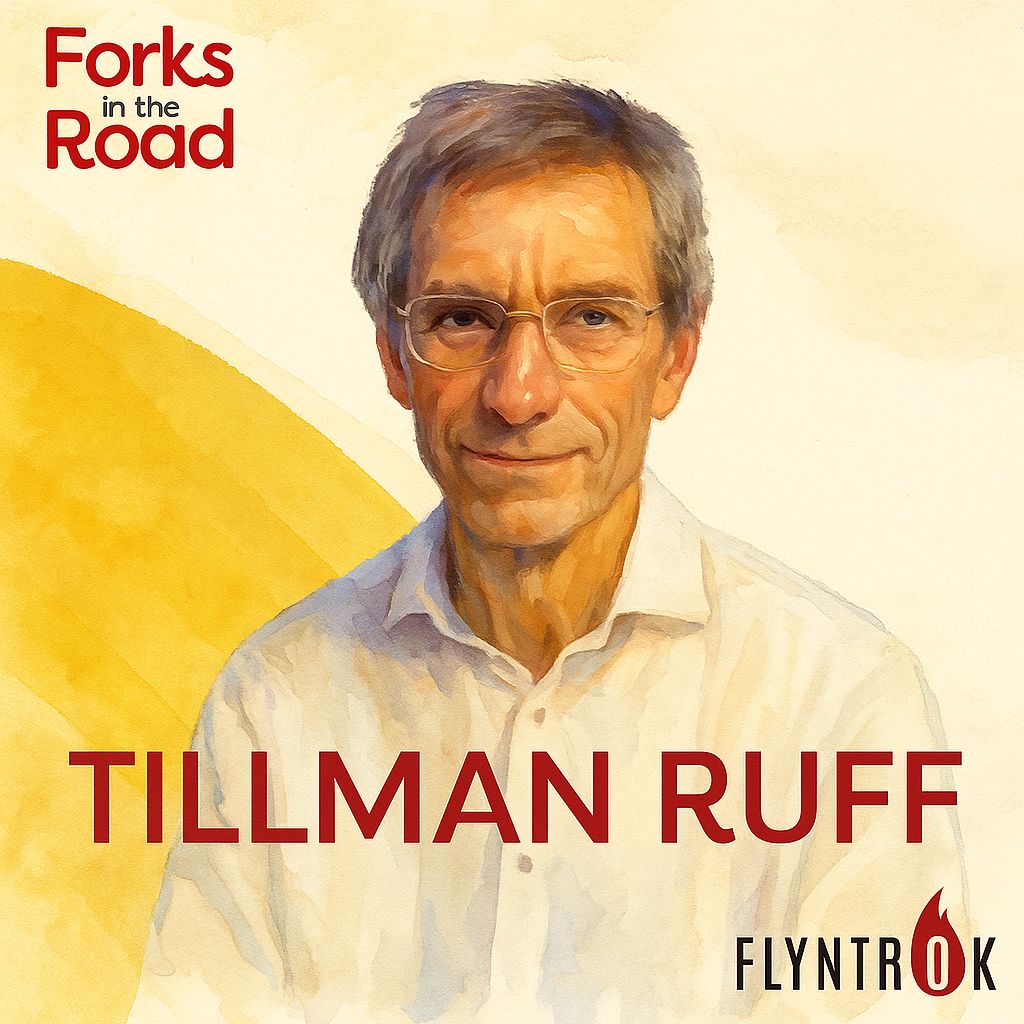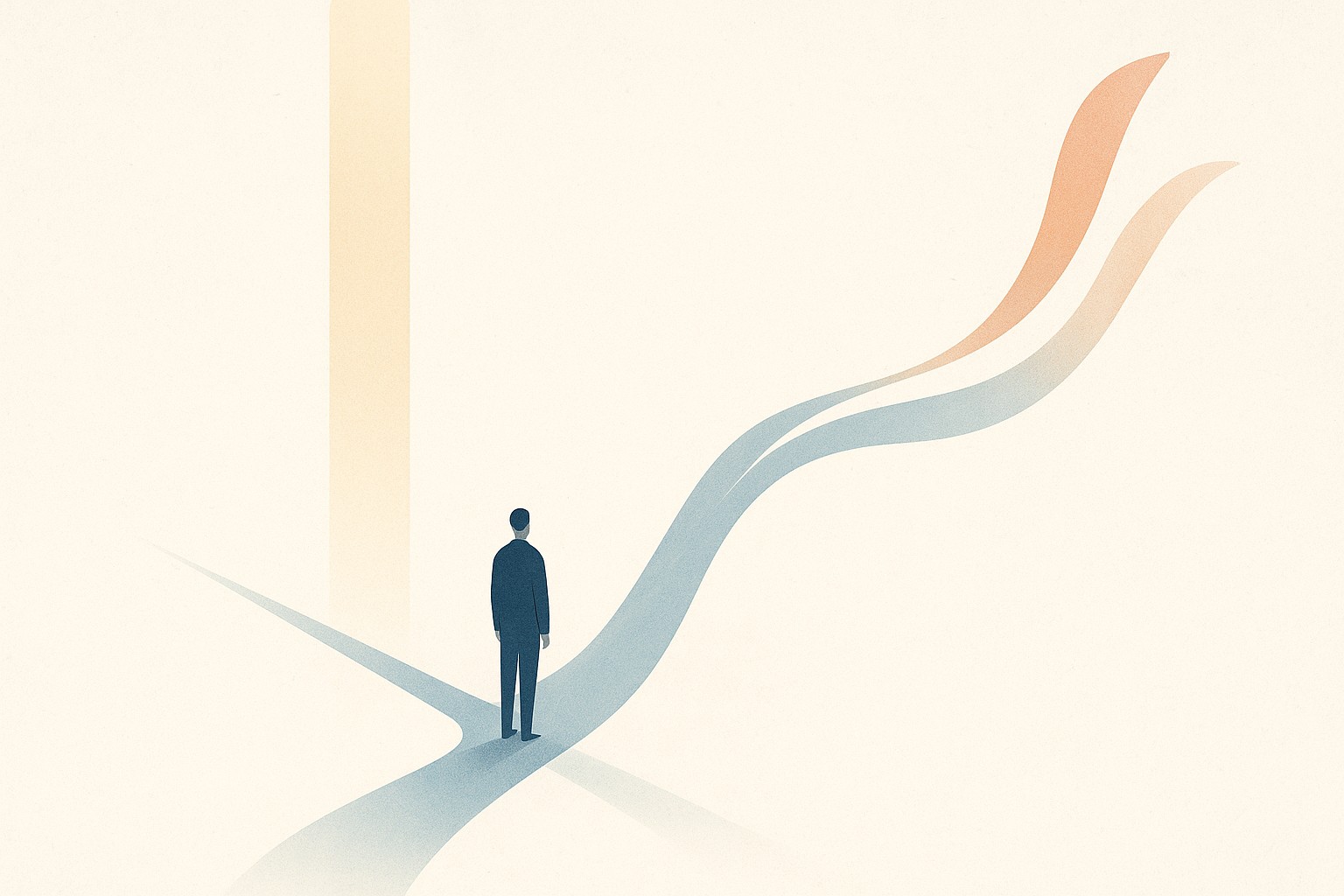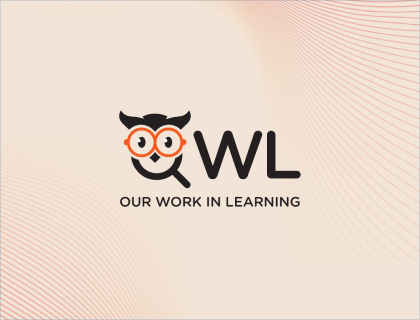
In a world where global health and global peace are both under strain, Tillman Ruff reminds us that leadership is not about position — it’s about persistence.
A medical doctor turned humanitarian campaigner, Ruff is best known as the co-founder of the International Campaign to Abolish Nuclear Weapons (ICAN), the movement that received the 2017 Nobel Peace Prize for bringing the Treaty on the Prohibition of Nuclear Weapons (TPNW) to life.
But the prize is only a milestone in a much longer story — one rooted not in politics, but in public health. For Ruff, nuclear weapons are not primarily a geopolitical issue; they are the ultimate health emergency. Their prevention, he says, is the purest form of medicine.
The physician who sees health as peace
Trained in infectious diseases, Ruff spent decades working on vaccination programmes in Indonesia and the Pacific, advising the WHO and the Red Cross. His professional life has been a quiet campaign for prevention — from hepatitis to Hiroshima.
He has always been drawn to the intersection where science meets society. “Having a vaccine is only the beginning,” he says. “The real question is: how will you use it, fund it, sustain it, and bring people along?”
That same mindset carried over to nuclear disarmament. When the World Health Organization declared in the 1980s that nuclear weapons constitute the greatest immediate threat to human health and welfare, Ruff took that literally. He turned the statement into a lifelong agenda — to make the unthinkable unignorable.
He helped doctors, scientists, and survivors speak in one voice. He took data out of conference papers and placed it beside human faces. He helped the world see that nuclear war is not an abstraction of strategy but an epidemic of suffering.
The Nobel moment — and what it really means
When ICAN won the Nobel Peace Prize, it validated more than a treaty. It validated an idea: that health professionals can be powerful agents of systemic change.
The Nobel Committee’s citation commended ICAN for “drawing attention to the catastrophic humanitarian consequences of any use of nuclear weapons.” The phrase could just as easily describe what public health does every day — draw attention to risk before it becomes reality.
For Ruff, the award was not an endpoint but a diagnosis: the world had recognised the disease but still hadn’t committed to the cure.
And that message feels freshly relevant now, as governments again talk of reopening nuclear testing after more than three decades. Each discussion of new tests reopens old wounds — in the Pacific, in Central Asia, in Australia. To Ruff, it is proof that prevention must be relentless.
Leadership in healthcare — the Ruff way
Ruff’s story offers a template for healthcare leadership that goes far beyond hospitals. His leadership does not come from hierarchy, but from holding space for uncomfortable truths.
He describes his own journey as “a marriage between clinical work and public health advocacy.” Medicine gave him credibility. Activism gave him purpose. The combination gave him reach.
He continues to work in infectious diseases — not because he must, but because it keeps him grounded. It reminds him that all grand causes ultimately depend on individual wellbeing, human connection, and trust.
Leaders in health and change can draw three lessons from that marriage:
1. Prevention is the highest form of leadership.
It is easier to treat symptoms than to change systems. Ruff’s career shows that the real work of healthcare — and of leadership — is to act before the crisis hits.
2. Translate evidence into empathy.
Facts only travel when carried by stories. Ruff connects epidemiology with lived experience, policy with people. In doing so, he redefines what it means to communicate science.
3. Balance horror with hope.
He speaks of leading with “horror, hope, and humanity.” Horror keeps us alert. Hope keeps us acting. Humanity keeps us kind.
The Forks in the Road
Our Forks in the Road Podcast brings stories of leadership in healthcare — the choices people make when expertise alone is not enough.
In this episode, Stephen Berkeley and Anne Boland speak with Tillman Ruff about the long road from medicine to movement-building. The conversation moves from his family’s experiences as wartime refugees to his decades of work on vaccination and nuclear disarmament. It explores how small acts of conviction can add up to systemic change.
Listen to the conversation with Tillman Ruff on The Forks in the Road Podcast
A few lines to listen for:
-
“Work on what you are good at. And what you love.”
-
“Find good teachers and mentors.”
-
“We all have a part to play.”







